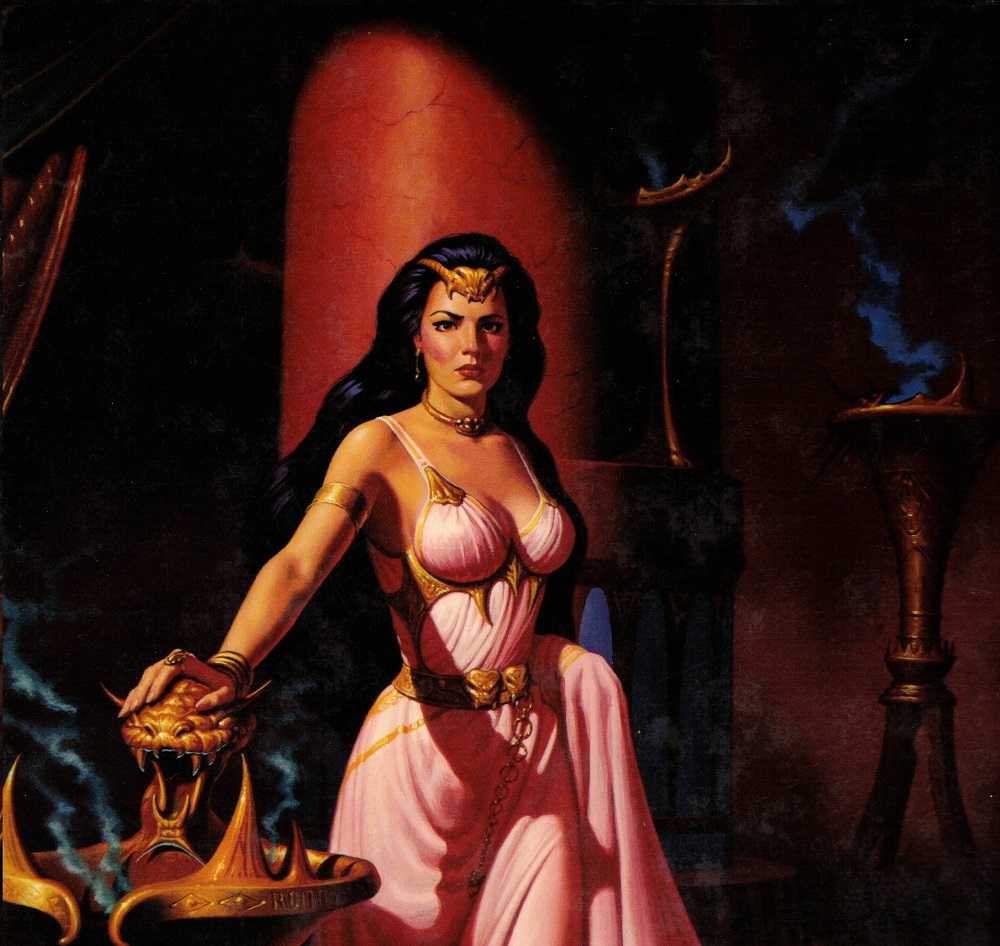Many gamers quite understandably have a lot of nostalgia for the late 1990s and early 2000s of PC gaming. This was a time when many of the most well regarded games were released across multiple genres. At the same time software was becoming more streamlined which solved a lot of compatibility issues and 3D hardware acceleration was becoming standard. And the early results were much better than what was being produced on consoles. Just off the top of my head consider that Diablo, Half-Life, Fallout, Baldur’s Gate, Thief, Quake, StarCraft, Unreal and Deus Ex were all released in this period. That is if you begin from late 1996 and end late 2001. That’s impressive for a five year period given that all of these remain recognised titles today and this is far from an exhaustive list. If I tried to do the same for the last decade while excluding games from existing franchises, I would not only have to give it far more thought, I’d be struggling to find comparably memorable games at all.
One of the biggest names in the industry at the time was John Romero who along with John Carmack had a significant impact on PC gaming for most of the 1990s with games like Commander Keen, Wolfenstein 3D and most notably with Doom. I played all three of these games and later Quake but I had no idea at the time who was making these games. I didn’t even know they were made by the same group of developers. This was just as true for who was making the games I played on Nintendo and Sega consoles. Most of this would be learned later through various online articles on fan websites and later still after reading books like Game Over by David Sheff and Masters of Doom by David Kushner. When I was young, I simply didn’t care who made them — just that they were fun.

Daikatana was a game I found out about after the fact because I don’t recall any fanfare behind it at the time though I certainly played PC games. It was through websites like Something Awful that I got a sense of the notoriously negative reputation the game has and has continued to have since. I do remember trying the demo after learning about it and I even had the same issue installing it as shown in the linked article. After that short experience, I assumed it was just as bad as was generally claimed. In hindsight, SA had a very negative influence on my late adolescence and early adult life and I find that article (and the website in general) barely readable today. However, at the time it was very influential and a lot of what is considered part of “Internet culture” originated there.
There I would have left Daikatana if not for the release of the unofficial 1.3 patch in 2019 which fixes a great deal of issues noted at the time along with some other enhancements. This made me curious enough to finally give this game a shot.
Continue reading →


 The Penguin Book of Australian Short Stories edited by Harry Heseltine,
The Penguin Book of Australian Short Stories edited by Harry Heseltine, Stalin’s War: A New History of World War II by Sean McMeekin
Stalin’s War: A New History of World War II by Sean McMeekin

 Whether or not you consider sodomy a sin, there is still a widespread and healthy disgust that exists — particularly towards male sodomites. Now of course, this is seldom spoken aloud anymore but it is still there. How do I know this, you ask? Well, one can infer simply by what the media is willing to show of it. Even today with children being groomed in public libraries and schools by degenerate freaks and public buildings and “churches” covered in pride flags; the media is still very reluctant to show the realities of any one colour of this rainbow of perversions. When a “gay” character is shown on television or in a movie, it is usually a very effeminate male and any sort of intimacy is avoided. When ever physical intimacy is shown, it is usually two attractive women which though still sinful and wrong, provokes much less disgust among people in general. And even this is an inversion as your average lesbian is generally more masculine than a gay man.
Whether or not you consider sodomy a sin, there is still a widespread and healthy disgust that exists — particularly towards male sodomites. Now of course, this is seldom spoken aloud anymore but it is still there. How do I know this, you ask? Well, one can infer simply by what the media is willing to show of it. Even today with children being groomed in public libraries and schools by degenerate freaks and public buildings and “churches” covered in pride flags; the media is still very reluctant to show the realities of any one colour of this rainbow of perversions. When a “gay” character is shown on television or in a movie, it is usually a very effeminate male and any sort of intimacy is avoided. When ever physical intimacy is shown, it is usually two attractive women which though still sinful and wrong, provokes much less disgust among people in general. And even this is an inversion as your average lesbian is generally more masculine than a gay man. The cover of my copy which was published by Sphere Books
The cover of my copy which was published by Sphere Books